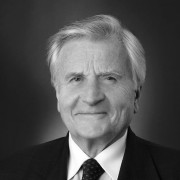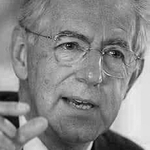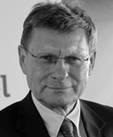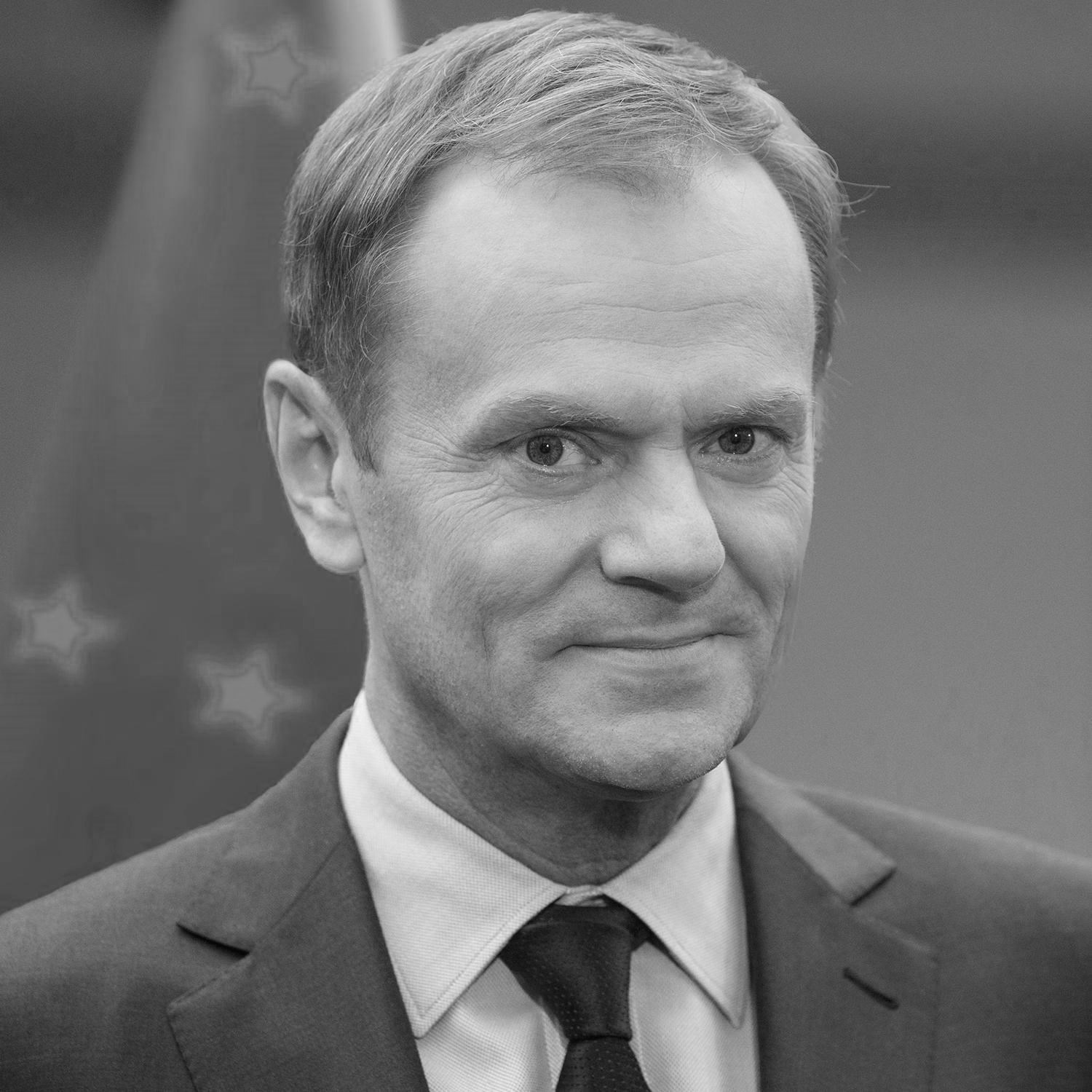Blog Post
10 years of Bruegel
Guntram Wolff reflects on the time when he joined Bruegel and its next 10 years.
In 2005, when I first came across Bruegel in a newspaper interview, I was immediately fascinated. Here was a truly European think tank that intended to achieve something with its economic research: to apply rigorous analysis to the most important topics of our time and effectively communicate conclusions to improve policy. I had just published research on fiscal accounting tricks in Greece and experts were discussing this – but as the basic political consensus was that we were living in stable times, and therefore debates on economic policy mistakes would never be front-page news, a wider discussion would not take place. Six years later, when I joined the Bruegel team, things had changed.
Joining a think tank in times of economic crisis was daunting. My new colleagues were a team of excellent scholars and we were not afraid to ponder the tough questions of our times and set the agenda in these discussions. Does the euro need a fiscal union and what should it look like? Should we restructure public debt? How can we shape a banking union and resolve banking fragilities? How should the EU deal with tensions between euro and non-euro area countries, and with tensions in the Troika? How do we deal with low inflation and which reforms trigger growth? Working on all of these issues with Jean Pisani-Ferry, André Sapir, Nicolas Véron, Zsolt Darvas, Reinhilde Veugelers and others was very rewarding. I was engaged in intellectual pursuits that had real-world impact.
After 4 years in a management position at Bruegel, first as Deputy and then as Director, I have learned that Bruegel’s success is not just down to its research. Good research is key to any think tank’s success, but if it is never taken up in policy circles it can become a pointless exercise. Effective communication has been essential in delivering messages to key stakeholders and in helping to set the policy agenda and Bruegel’s communication team has been crucial to Bruegel’s achievements in this area. They are also responsible for generating lively debate in the 80 or so events organised every year.
Messages not only need to be heard, they also need to be credible. Credibility comes from a track-record of honest and fact-based research. Bruegel carries out its work independently; but it is important that everyone can see this. We are ranked as a think tank with the highest transparency standards, documenting every euro raised and spent in our annual reports. We have also introduced public disclosure of all financial and non-financial interests of our core scholars. Thanks go to our Secretary General and his entire team for the steady work regarding this and many other issues that maintain Bruegel’s reputation as a think tank of the highest standards.
Our membership – both public and private – is also central to our success. Without our membership Bruegel would not only lack the necessary resources, we would also lack partners that ask pertinent research questions, raise relevant topics and interact with us in many forms, while of course respecting our independence.
Last but not least, our Board, under the chairmanship of Jean-Claude Trichet, is an indispensable source of inspiration, guidance and support. I want to thank all Board Members for their dedicated work. Back in 2005 I was excited by a think tank carrying out research to improve economic policy. Little did I understand then just how many people and organisations contribute to all the many elements needed for Bruegel to be a success.
Celebrating 10 years also means reflecting on the next 10 years. Judging from today, the next 10 years will be characterised by increasing uncertainty, new economic difficulties around the world, rising tensions in Europe’s neighbourhood, uncertain transformations in our labour markets and industries, climate change, energy transition and slowing growth. It is essential we offer solutions that are not based on reactionary populism, which is already a danger. Political tensions as a result of economic difficulties in the EU will continue to dominate the front pages. In such times, Bruegel’s voice of reasonable, pragmatic, rigorous and fact-based analysis, together with its credibility and independence, will be needed more than ever. We will continue to develop visions, arguing for radical changes in policy direction whilst also promoting technical improvements to existing policies.
I am confident that with the support of our members and stakeholders, Bruegel’s team will continue to improve economic policies. Let me thank all those who have supported us in the past and who support us now for sharing in our mission to contribute to better economic policies.
Republishing and referencing
Bruegel considers itself a public good and takes no institutional standpoint. Anyone is free to republish and/or quote this post without prior consent. Please provide a full reference, clearly stating Bruegel and the relevant author as the source, and include a prominent hyperlink to the original post.








